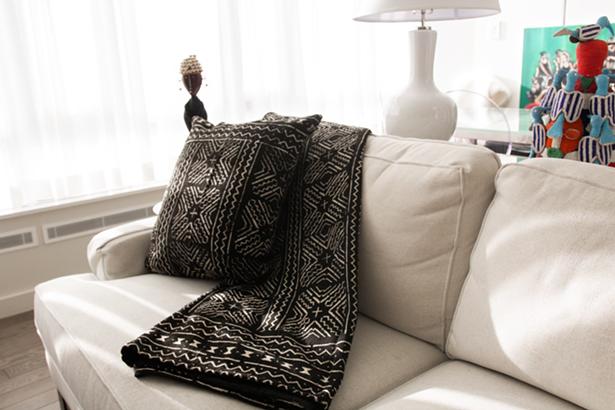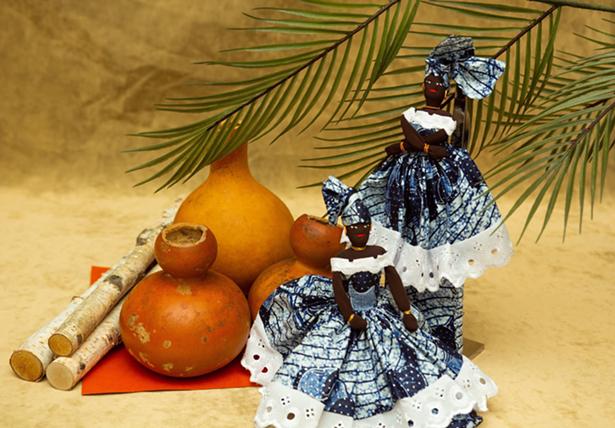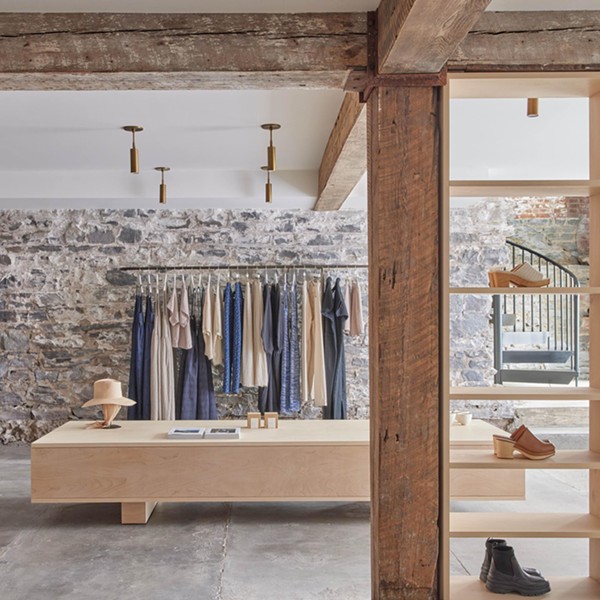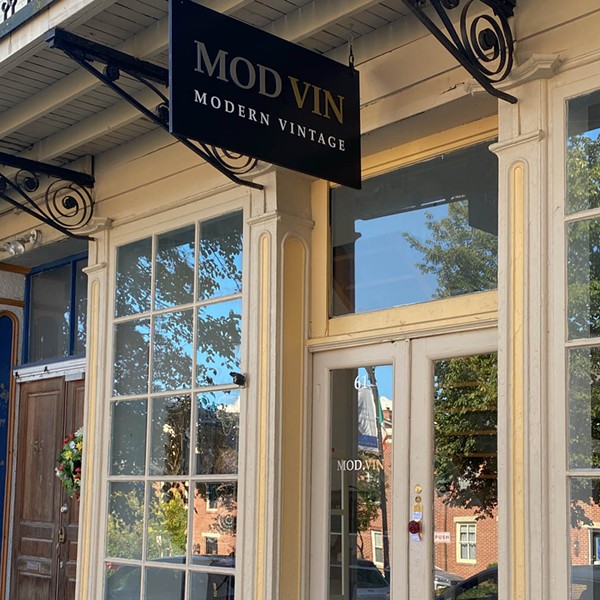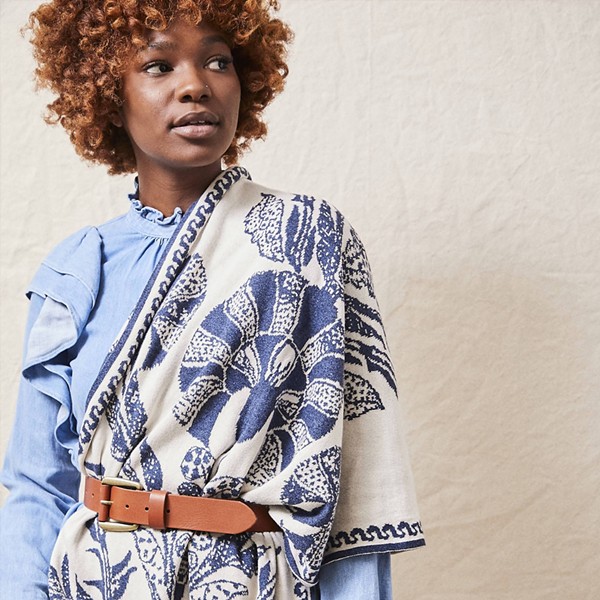When Adolophine Lukabu Sheeley was ready to decorate her family’s part-time home in Kerhonkson, she wanted to incorporate colors and designs that spoke to her Congolese heritage. But the kind of modern yet tradition-inspired, authentic, African-made pieces she wanted were hard to find and terribly costly, and the profits were going to the middlemen, not the makers.
A diplomat’s daughter, with heart and family in both worlds, Lukabu Sheeley took it upon herself to change that. So she built Adolophine, an online (for now) boutique where you can find authentic jewelry, bags, textiles and decor made by African artisans—and an online community where you can learn more about the many and varied cultures of Africa.
“We have a solid team of makers in Senegal, Kenya, Ghana, Congo, South Africa, Benin, Rwanda, and South Africa,” says Lukabu Sheeley. “We sell exclusively online right now, but we've been hosting pop ups and getting fantastic feedback. People are shocked at the craftsmanship and different ways you can style a product. I think consumers need to be educated on African craftsmanship, and the best way to do that is for them to touch the product. Africans are the original artists, the trendsetters. Designers from Europe, Asia, and Africa come to the Congo to see what the Sapeurs are wearing and make that into the IT thing; they come to our villages and copy our prints.”
Born in Kinshasha in the Democratic Republic of the Congo (then Zaire) Lukabu Sheeley grew up in Manhattan, where her father was posted as Charge D’Affaires for a decade. “Even though we lived in America, my dad used to say that our home was Zaire, and he expected us to respect our cultural, ideals and history,” she says. In 2004, she met her future husband at a Manhattan charity event. Visiting Andrew Sheeley’s folks in Ulster County drew her into the upstate life. When the couple’s daughter, Georgette, was five, they decided she they too wanted to have a house in the country.
In 2014, Lukabu Sheeley's cousin began visiting New York more often, bringing cool wares with her. Within a few years, they had figured out who the quality makers were and Lukabu Sheeley was requesting specific products. She asked other Congolese friends and family for references, and grew her buying base. "When two more cousins were headed there, I knew where to send them," She says. "They visited the artisans and then I talked to them by phone. I gave them each a project and I was amazed by the quality and craftsmanship I received. So I started asking around for more contacts, doing research.”
Her bicultural upbringing comes in handy. “I'm able to navigate both worlds and understand the cultural nuances. I know the proper way to approach a team of artisans and explain the process while maintaining the proper respect and cultural rules. I can't go into these relationships with my New York sensibilities.”
Being an entrepreneur, however, is both a very New York and a very African thing for a woman to do. Lukabu Sheeley's mom (also Georgette) had imported items from Europe to the markets of Kinshasa, and Lukabu Sheeley is having fun turning the tables and introducing the rest of the world to some specialties from the Democratic Republic of the Congo (“This might sound like favoritism but the quality in the Congo is amazing,” she says. “We are natural artisans.”) and other African nations, as well as mentoring makers.
In Senegal, for example, she has befriended Mama Niang. “She used to sell her items to others to bring to the touristy markets,” says Lukabu Sheeley. “We taught her financial literacy and worked with her on 'finition' (French for finishing touches.) She has her own stall now and a team of four women.” And take Jimmy, whose market stall in Kenya caught Lukabu Sheeley's eye. “He was obviously super talented, but he rushed and made sloppy mistakes. So we worked with him on improving and marketing and helped come up with a new beach bag design. He’s working with high-end stores in Nairobi now. He calls me Mama Quality.”
In the DRC, she has been mentoring a sewing squad at her old preschool. “They have people at the school who sew uniforms and other clothes in order to support the school,” she explains. Being the crazy Mama Quality that I am, we gave them constructive criticism and tips on how to make their product better. We will be selling items that they've made and all the profits will go to improving my former school.”
Lukabu Sheeley has a master’s degree in international politics and economic development that somewhat informs her view of the big picture; more instructive still, she says, is the reality on the ground. “In theory, small solutions will ultimately have a ripple effect. In reality, people have immediate needs and can't look at the long game. They want immediate relief now, and I'm leaning more on my personal in-betweener experience to help and to lead my actions. I hope soon enough we will be able to create a long-term, sustainable rollout. Right now, working with my team, improving the product, and teaching financial literacy takes precedence.”
And right now, Sheeley’s design diplomacy is educating hearts and minds even as it adorns homes and wardrobes with mudcloth and cowrie shells. Adolophine works with the nonprofit Prodige Hands to bolster an important pediatric hospital in the DRC.
“Lately people have been asking me to do a guided tour of Africa,” Sheeley says. “They want to visit but are afraid due to stereotypes and other misinformation. My advice to everyone is: we Africans would love to have you visit, learn, have fun and make a new friend! There is more to Africa than safaris, war, and terrible things. I would recommend Accra, Kigali, and Dakar as a first trip to Africa; not overwhelming, and it’s a good way to get your feet wet."







